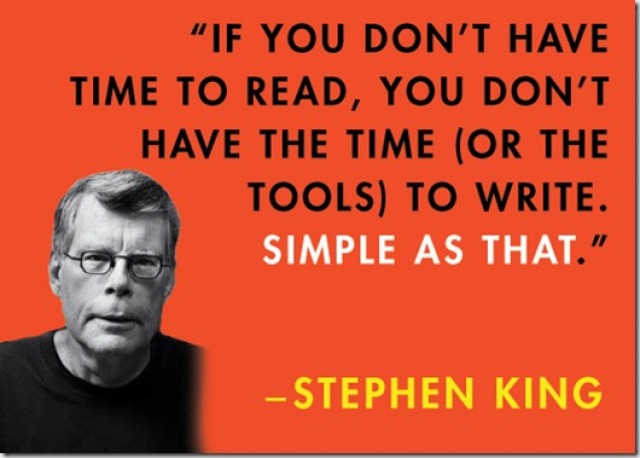It’s been 3 1/2 years since I started publishing my late husband’s books. I feel like I’m still new at this gig, but when I see some of the authors just coming out of the gate, I realize I’ve learned a lot. So, here are the 3 huge No-No’s Newbie Indie Authors should avoid. I wish I would have for #1 and #2.
#1 – Do Not Design Your Own Book Covers
Unless you’re an artist or graphic designer, buy a book cover. Believe me, readers know an indie book when they see the cover. There are a lot of readers who won’t touch an indie book. I’ve seen some really horrendous book covers, which has turned me off from buying them. For a reader, the quality of the cover reflects the quality of the writing. This may be snobbish, but it’s true.
I know, I know, it costs money, and you don’t have any to spare. But you can buy pre-made ones for really cheap. Case In point. a good friend of mine, C. J. RUtherford, just updated his cover for Souls of the Never. Isn’t it gorgeous? It’s a pre-made and he spent a whooping $30. Just do a Google search, and you’ll find reputable websites that offer pre-made covers. C. J. used thebookcoverdesigner.com
What you’re looking for with a good cover is the click-through rate. The above cover will get more clicks then, say, the crappy ones I made myself. Even though they are terrific stories, no one will buy them due to the terrible covers. These are with my publisher now, and one day, I will combine them into an anthology.
Being an indie author has some advantages. One is being able to change your your book covers whenever you want. So if you’re not getting the clicks, change it up. I know an author that re-does his covers almost monthly.
#2 – Do Not Proofread Or Edit Your Own Books. Hire A Proofreader & Editor.

Boy, I wish I would’ve done that with my first books. As a reader, I had no idea how tough it is to get proofreading errors out of a manuscript. I’m once again, revising The Secret of Excalibur. Yes, this will cost you money, but it is so well worth it not to get dinged in your reviews because of wrong word usage, lack of grammar, and missing or misspelled words.
Speaking of wrong word usage, there’s nothing that will make me roll my eyes, and fling down my kindle in disgust than someone who doesn’t understand the difference between pass and past, or further and farther, etc, etc. If you don’t know the meaning of a word, or the correct word to use, turn to Google, it’s a writer’s best friend. I use it all the time if I’m just not sure the word I want really fits the context of the sentence. I also use it to search for synonyms of words that I overuse. It’s free, so use it.

#3 – Do Not Publish A Rough Draft

This is a tough one, and it comes down to writing skill and knowing the craft. I’m not talking about #2 here. It’s being able to know the difference between a rough draft and a final draft. To me, a final draft is what I send to my editor or proofreader. Sure, there may be changes, depending on what my editor suggests, but I’ve done all the major leg work.
I recently started a book from a fairly new author who has 3 books published in a series. It has several 5 star reviews, and I’m sure they were mostly her author friends, who probably write very similar to her. The book was full of she walked, she smiled, she cried, you get the picture. I could tell there was potential in the story line, but there was no feeling, no passion, no adverbs or adjectives, no inner dialogue. In other words, it was boring as hell. It was a rough draft. It needed filled out, to come alive.
This is where Stephen King’s little meme below comes in handy. Before I started publishing, I never studied the books I read. I either liked them, or I didn’t, and I couldn’t have explained to you why I didn’t like a book. Now I can.
There’s so much more to writing than just putting words on a screen or paper. We have to worry about sentence structures, using Cause and Effect the proper way, making sure our scenes make sense. I’m not a descriptive writer, and I envy the authors who are true wordsmiths. I refer to my writing style as meat and potatoes, with a side of veggies. Even without the flowing verbiage, I’ve learned how to make my characters stand out, come alive with emotions that carry the reader along with them. All by studying the writing style of the books I enjoy. I’ve bought several self-help writing books, but I think my biggest lessons learned has been reading well-written stories.





































